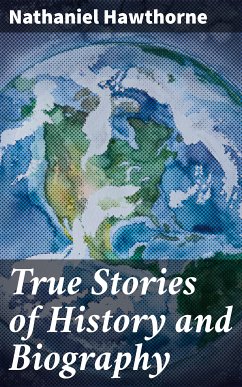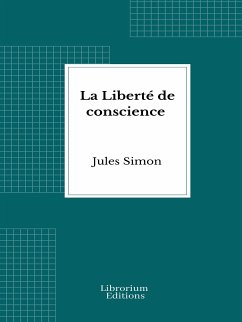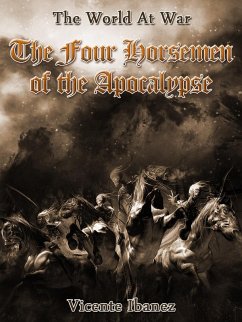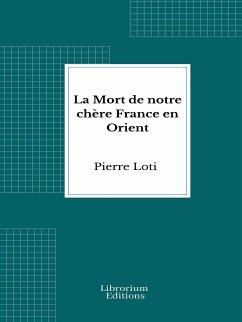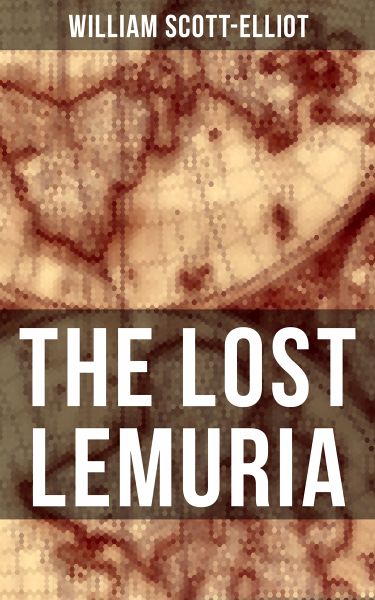
THE LOST LEMURIA (eBook, ePUB)
The Story of the Lost Civilization (Ancient Mysteries)
Versandkostenfrei!
Sofort per Download lieferbar
1,99 €
inkl. MwSt.
Weitere Ausgaben:

PAYBACK Punkte
0 °P sammeln!
In 'The Lost Lemuria' by William Scott-Elliot, the reader is taken on a journey through the mysterious and mythical land of Lemuria, a lost continent believed to have once existed in the Indian and Pacific Oceans. Scott-Elliot utilizes a blend of historical research, speculative fiction, and spiritual teachings to paint a vivid picture of this ancient civilization and its connection to modern-day societies. The book is written in a narrative style that captivates the reader's imagination and leaves them questioning the mysteries of Earth's distant past. As a pioneering work in the genre of alt...
In 'The Lost Lemuria' by William Scott-Elliot, the reader is taken on a journey through the mysterious and mythical land of Lemuria, a lost continent believed to have once existed in the Indian and Pacific Oceans. Scott-Elliot utilizes a blend of historical research, speculative fiction, and spiritual teachings to paint a vivid picture of this ancient civilization and its connection to modern-day societies. The book is written in a narrative style that captivates the reader's imagination and leaves them questioning the mysteries of Earth's distant past. As a pioneering work in the genre of alternative history, 'The Lost Lemuria' provides a thought-provoking exploration of forgotten cultures and their impact on the present. William Scott-Elliot, a theosophist and author, was deeply influenced by the spiritual and esoteric teachings of his time, which is evident in his writings. His fascination with lost civilizations and ancient wisdom shines through in 'The Lost Lemuria', making it a compelling read for those interested in occultism, metaphysics, and ancient history. I highly recommend this book to readers seeking a deeper understanding of our world's enigmatic past and the hidden truths waiting to be discovered.
Dieser Download kann aus rechtlichen Gründen nur mit Rechnungsadresse in A, B, BG, CY, CZ, D, DK, EW, E, FIN, F, GR, H, IRL, I, LT, L, LR, M, NL, PL, P, R, S, SLO, SK ausgeliefert werden.






